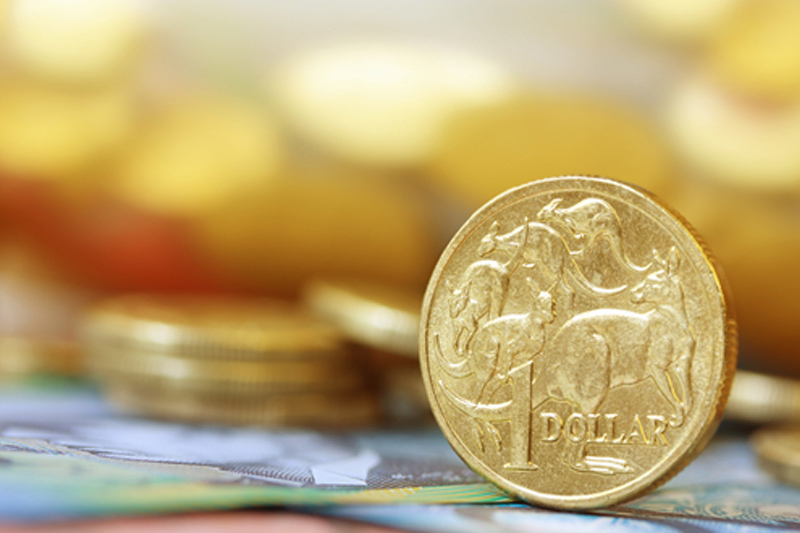* Aussie dollar back at 73 U.S. cents, near 2016 peak
* Other major currencies subdued ahead of Friday's U.S. jobs data
* China services PMI due later in the morning
By Ian Chua
SYDNEY, March 3 (Reuters) - The Australian dollar started trade in Asia on Thursday near its 2016 peak, having soared on the back of surprisingly strong local data just as the greenback, euro and yen settled into a holding pattern.
The Aussie flirted with 73 U.S. cents AUD=D4 , its highest since Jan 4, following a 1.7 percent rally on Tuesday. Investors warmed to the currency after news fourth quarter economic growth unexpectedly picked up to a healthy 3.0 percent annual clip. have been taken out of our short AUDUSD recommendation," analysts at BNP Paribas (PA:BNPP) wrote in a note to clients.
"While we have moved to the sidelines for now, we remain of the view that the outlook is bearish for the AUD."
The Aussie scaled a three-month peak on the euro, which slid to A$1.4869 EURAUD=R , and came just shy of 83.00 yen AUDJPY=R - its highest in nearly a month.
By contrast, the greenback held in familiar territory against the euro and yen even after a report showed solid U.S. jobs growth in the private sector. greenback was back near 113.50 yen JPY= after losing grip of a two-week high of 114.56. The euro drifted up to $1.0871 EUR= , from a one-month trough of $1.0825.
While the ADP National Employment Report pointed to a healthy outcome for Friday's non-farm payrolls, a Federal Reserve survey found that economic conditions varied considerably across regions and within sectors.
The mixed picture remains a headache for Fed policymakers face when they next meet to decide the path of interest rates on March 15-16. the yen, the common currency dipped to 123.40 EURJPY=R , from above 124.00.
Investors remained wary of buying the euro after another top European Central Bank (ECB) policymaker hinted at possible action next week, when the ECB holds its policy review.
Executive Board member Benoit Coeure said euro zone banks can deal with rock bottom interest rates and actually benefit from the central bank's efforts to prop up growth and inflation. trade data is due later in the morning followed by a private-sector survey on China's services sector.
